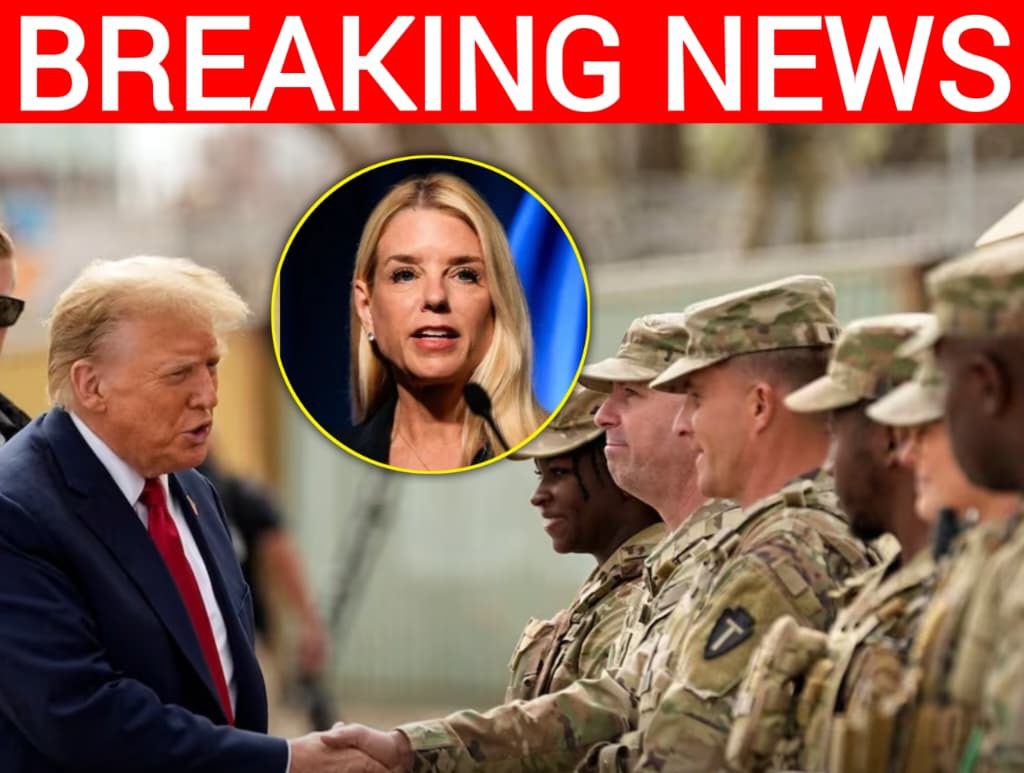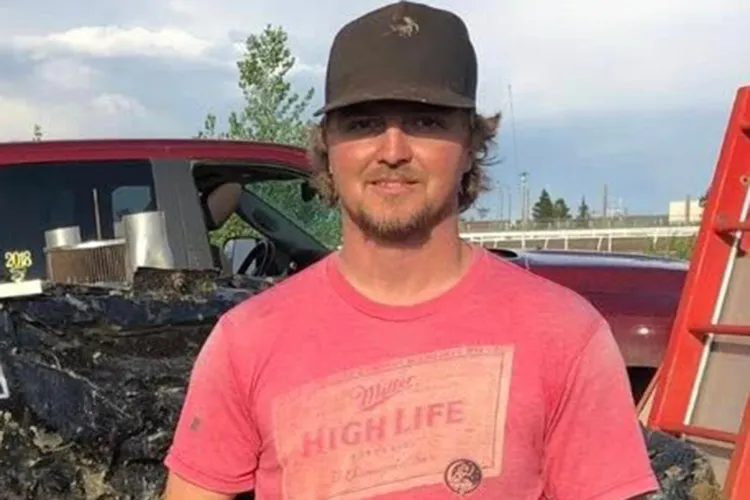Attorney General Pam Bondi Announces 227 Arrests and 65 Guns Seized as Trump’s Federal Task Force Cleans Up Memphis
Memphis, Tennessee, just became the latest example of what happens when federal law enforcement decides to move in and clean up a city drowning in violent crime. U.S. Attorney General Pam Bondi announced that the Memphis Safe Task Force, launched under President Trump’s directive last week, has already produced staggering results. In just days, 227 arrests have been made, 65 illegal firearms seized, and multiple gang members taken off the streets. The operation also led to the capture of an illegal immigrant juvenile found carrying methamphetamines and at least one confirmed child predator, showing just how wide and dangerous the criminal network had become.

The joint operation involves over a dozen federal and local agencies, including the FBI, DEA, ATF, and U.S. Marshals, working side by side with Memphis police. Bondi praised the coordination between departments, calling it one of the most effective multi-agency efforts in recent memory. “We’re restoring safety, order, and accountability,” she said during the announcement. “Every neighborhood in this city deserves peace, and every child deserves to grow up without fear.”

Memphis has long struggled with crime rates that outpace most other cities in Tennessee. In 2024 alone, the city recorded 346 homicides—the highest in the state—and saw a surge in gang-related violence and firearm offenses. The task force, designed as a pilot under Trump’s “Safe City Initiative,” aims to disrupt those trends by focusing on illegal guns, violent offenders, and human trafficking networks that exploit the city’s interstate routes and sanctuary policy gaps.

The speed and scale of the arrests stunned even veteran agents. Among those taken into custody were individuals wanted for murder, armed robbery, and drug trafficking. Federal officials emphasized that this wasn’t a sweep targeting low-level offenders but a precision strike on the people driving Memphis’s violence. Several of the seized firearms were confirmed to be linked to recent shootings, including one connected to an unsolved homicide earlier this summer.
Residents in some of the city’s hardest-hit areas have already noticed the difference. Patrols have increased, drug houses are being shut down, and for the first time in years, some neighborhoods are reporting quieter nights. “It feels like someone finally cares,” one local business owner told reporters. “You can see the change. You can feel it.”
For Trump, this operation is a clear demonstration of his law-and-order approach. His administration has repeatedly emphasized cracking down on violent crime and ending what it calls “failed sanctuary city policies.” Memphis is now being held up as a model for what’s next—a roadmap for other high-crime areas that have struggled to rein in lawlessness. Bondi confirmed that similar operations are being prepared for cities like Chicago, St. Louis, and Philadelphia, where federal partnerships are already in motion.

While some critics warn that such aggressive federal involvement could strain local autonomy, supporters argue the results speak for themselves. Crime is down, dangerous weapons are off the streets, and families are finally seeing accountability return to their communities.
For Memphis, the operation isn’t just about numbers—it’s about reclaiming the city’s future. “This is about sending a message,” Bondi said. “No city is too far gone. No community is beyond saving. We’re just getting started.”
As the arrests continue and investigations unfold, one thing is clear: the Memphis Safe Task Force has struck a nerve and set a precedent. With hundreds of criminals behind bars and entire networks disrupted, the city stands as proof that when local and federal forces work together under firm leadership, change doesn’t take years—it takes action.



